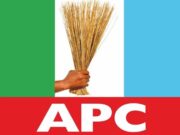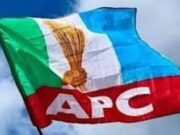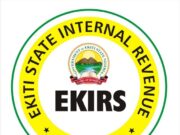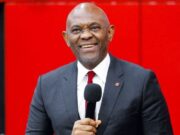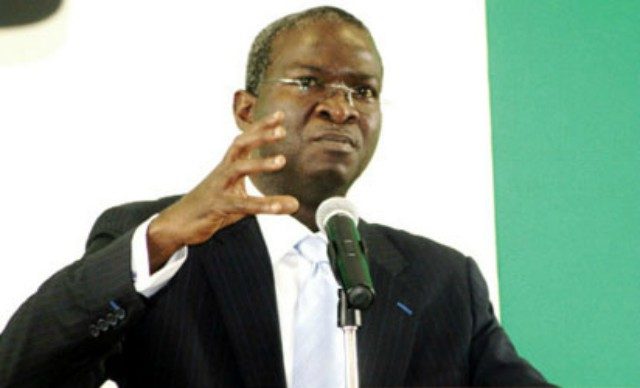Once again, Nigerians have been told that payment of tolls on roads will be reintroduced several years after the policy was jettisoned by the administration of ex-President Olusegun Obasanjo.
The Minister of Power, Works and Housing, Barrister Babatunde Raji Fashola has been all over the place justifying the decision.
According to him, “The existing law allows us to collect toll, and we have gone back to pre-existing toll points where the previous tollgates were dismantled.”
He also submitted that the Ministry of Works alone required N2tn to maintain federal roads alone in 2016, whereas only N433.4bn was allocated to the triple ministries of Power, Work, and Housing in the 2016 Budget.
It can be argued that there really is nothing fundamentally wrong with collection of tolls on the roads. The only problem is that the macroeconomic policies of the President Muhammadu Buhari government are not helping Nigerians to earn enough income to be able to pay tolls for the use of roads.
The immediate belief of the average Nigerian is that the imposition of road tolls will work like an increase in the price of petrol that jacks up the cost of doing business. It has the potentials of eating into the already meagre profit of struggling businesses. Those who will be worse hit by the expected toll collection are the hustling market women and men who make little profit. They will be the ones to practically carry the whole weight because transporters will ultimately offload the cost onto their ‘heads’.
If along the line, the National Assembly fails to stop the Executive from going ahead with this rather unfriendly policy since it has the potentials of dragging almost everybody into the ‘tax-net’, Nigerians expect seriousness and faithfulness from the Federal Government.
Nigerians want to see serious commitment from the FG in terms of road maintenance because bad roads have contributed to huge loss of lives and properties over the years.
Long live the Federal Republic of Nigeria!






















